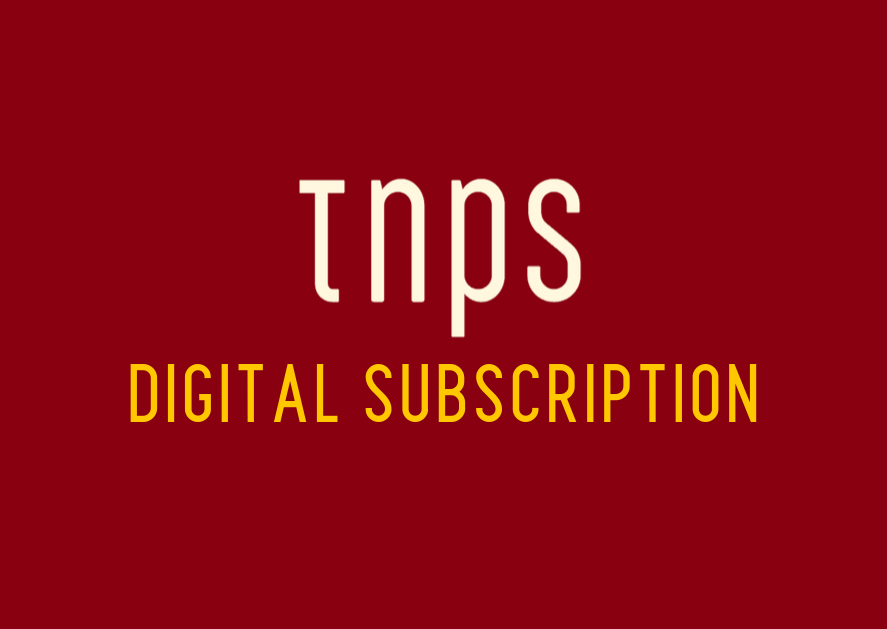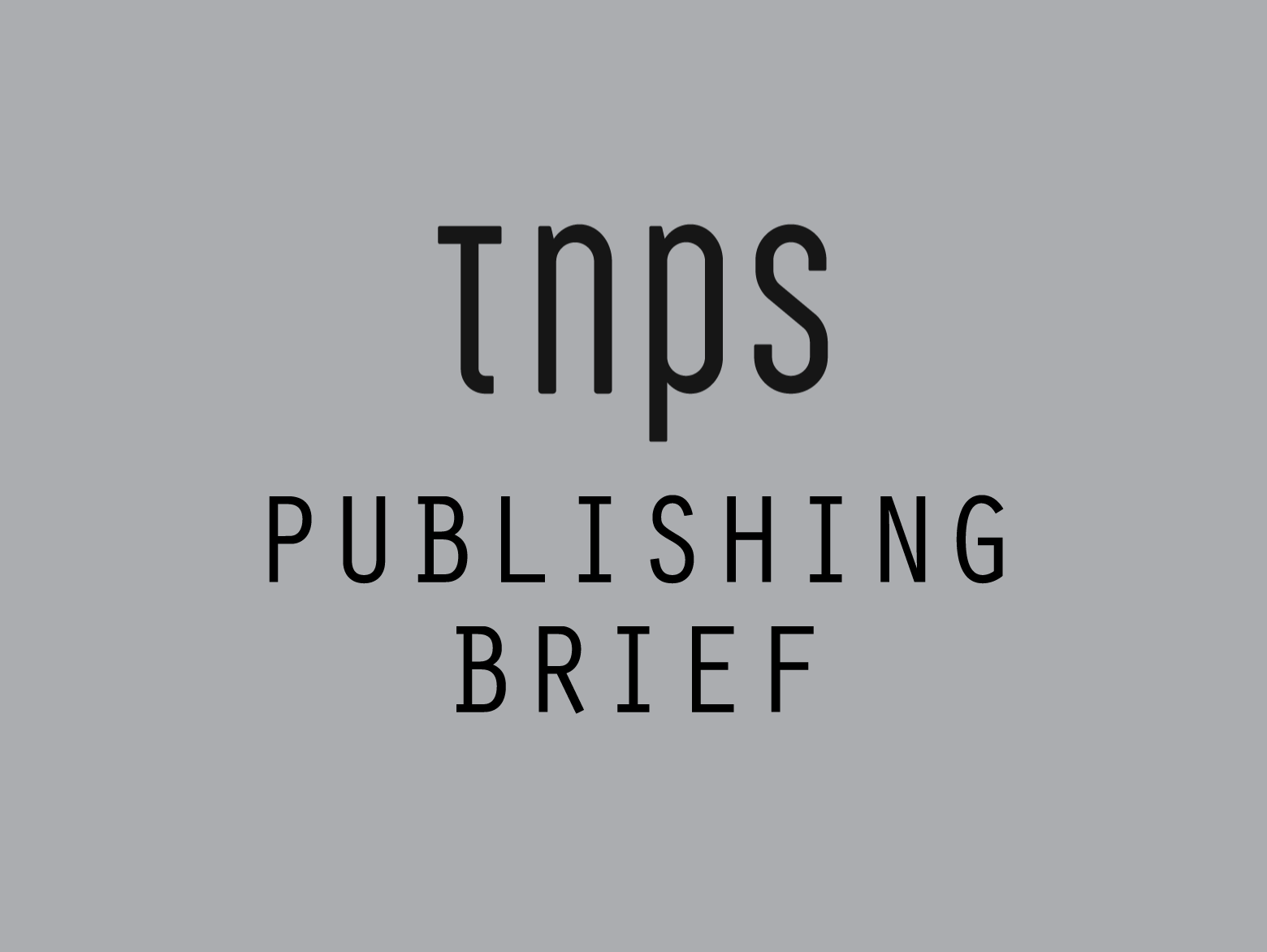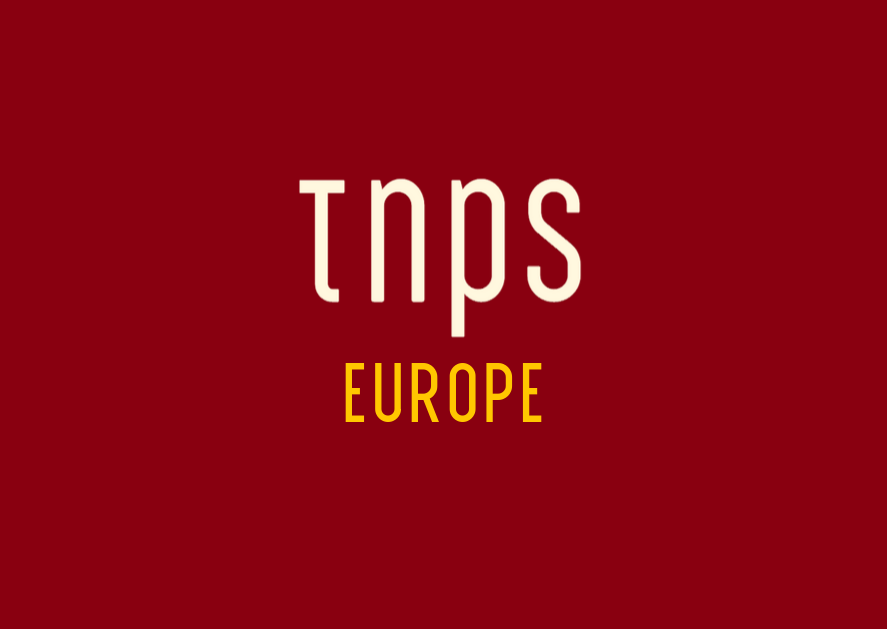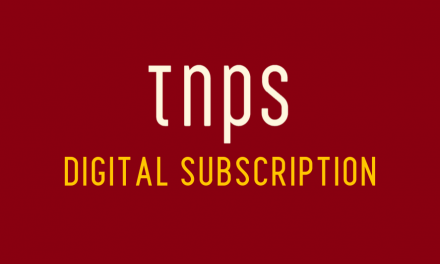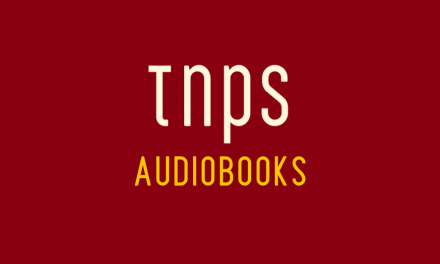The growth of subscription services is slowing down – at least in percentage terms, as the increase is now taking place from a higher level. A much higher level – Sölve Dahlgren.
There’s no real surprises here as the totality of the Swedish book market Q3 is surveyed. The results from the Big 3 streaming services Storytel, Nextory and BookBeat have already prepared us for the latest: Digital up, unlimited subscription up, print down.
The contrast with the mainstream western markets could not be starker – give consumers real choice and unlimited digital subscription wins hands down.
So, counterintuitively to our mainstream western mindset, do most publishers, because sales / downloads increased across the board. More and more people are reading, and that’s not just some quirk of the Pandemic era. Reading was on the rise before the pandemic struck, and during the summer months when the virus threat was deemed to be at its weakening Swedes just kept on reading more and more regardless.
And that comes down to Swedish publishers embracing the unlimited subscription model and giving consumers real choices, not constraining digital content by price and availability as is the modus operandi of most mainstream western publishers.
Förläggareföreningen and Bokhandlareföreningen released the Q3 statistics for Sweden before the weekend.
While physical bookstores and grocery store book sales increased (6.2% and 13.1% respectively), online print sale and book clubs saw a 6.5% dip while digital subscription services collectively rose 12.4%.
Ironing out the numbers, print declined 2.9% in Q3 while digital rose 15.3%.
15.3% may not seem to very much, compared with past years, and the naysayers will point to this as a slow-down in the growth of unlimited subscription.
But as Boktugg’s Sölve Dahlgren wryly notes,
The growth of subscription services is slowing down – at least in percentage terms, as the increase is now taking place from a higher level. A much higher level.
As Dahlgren observes, Q4 will likely see print recover as thoughts turn to the unquestionable delights of physical books as gifts, but the reality is that digital – and especially unlimited subscription – sales increase quarter after quarter after quarter regardless of seasonal flux and holiday traditions, and there‘s nothing to suggest that pattern will not continue as we wind up 2021 and launch into 2022.
In other markets of course it will be a different story, so let’s just remind ourselves that in those other markets mechanisms are in place to protect print and protect physical bookstores, and two key components of that strategy are price friction and limited digital availability.
Put simply, go to any unlimited digital books subscription service outside the Nordics and you’ll find most titles from mainstream publishers are not available.
Price friction? A look at the imminently-released new Lee Child Jack Reacher novel on Amazon UK shows the hardcover and the Kindle version at the exact same price.
And of course this title won’t be an option (in English) in any unlimited subscription service.
Sound business sense in markets dominated by Amazon? Absolutely. But let’s not pretend this is a level playing field.

